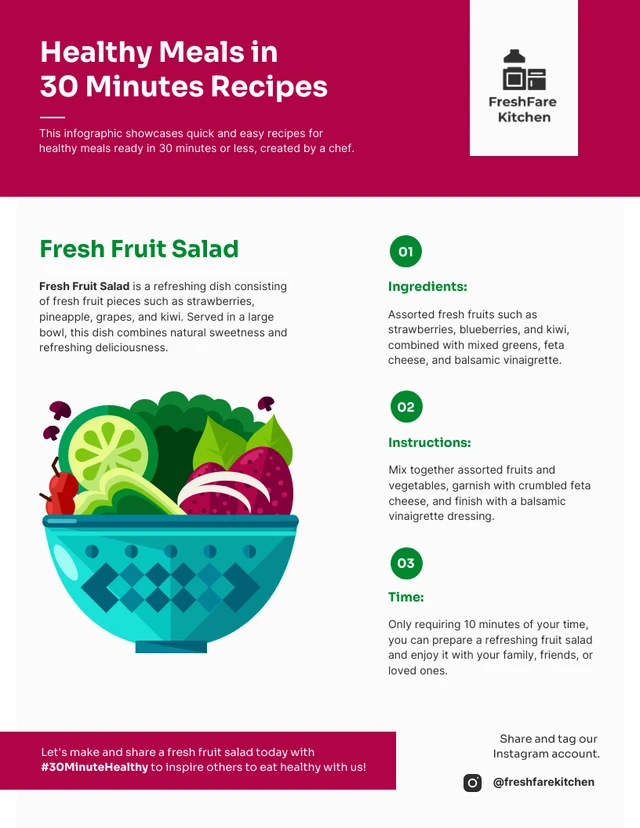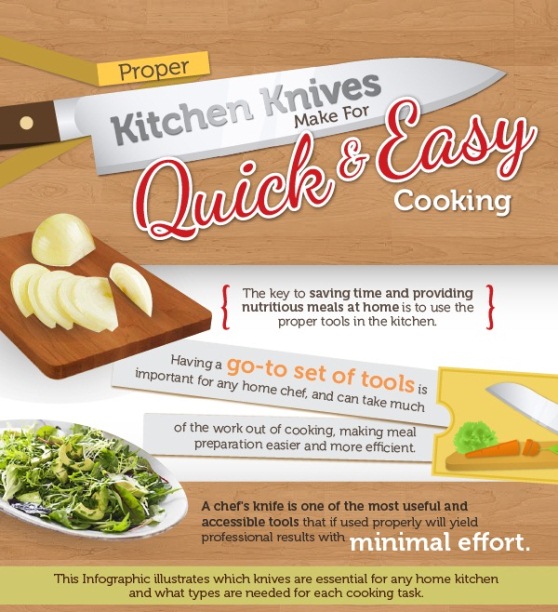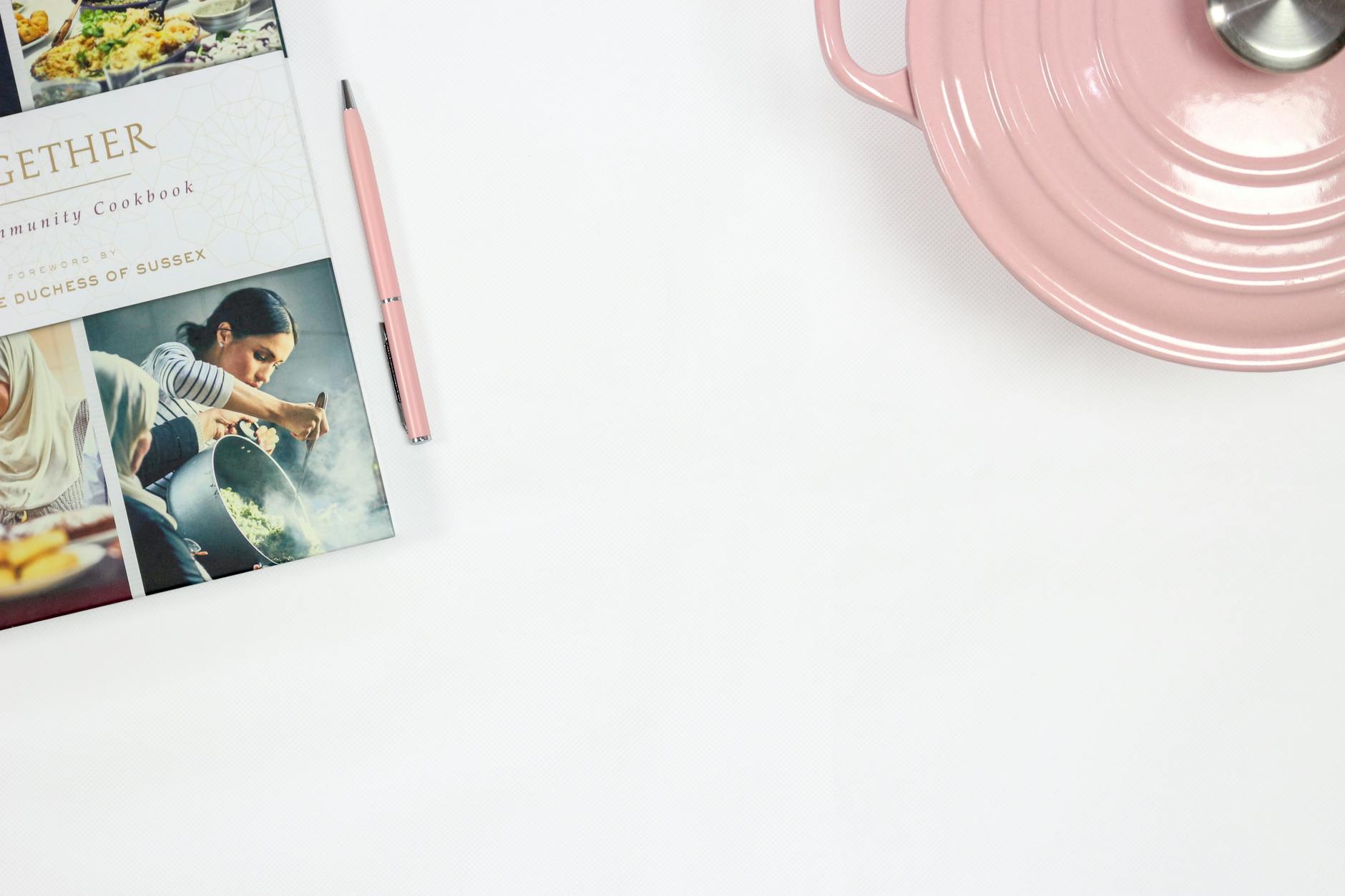Unlock the secrets to cooking like a chef with these 20 recipe tips that will take your culinary skills to the next level.
Table of Contents
- Introduction: Becoming a Kitchen Pro!
- What You Need To Start Your Culinary Adventure
- Finding Recipes That Will Wow
- Understanding the Lingo: Cooking Terms Explained
- Mixing It Up: Experimenting with Flavors Like a Seasoned Chef
- Step-by-Step: Paying Attention to Detail
- Safety First: Cooking Tips for a Safe Kitchen
- Presentation Matters: Making Your Dishes Look Fancy
- Keeping It Clean: Tidying Up After Cooking
- Conclusion: Ready, Set, Cook!
- FAQs
Introduction: Becoming a Kitchen Pro!
Hey there, aspiring young chefs! Are you ready to embark on a culinary adventure and cook like a seasoned chef? Well, get ready to explore the exciting world of turning simple ingredients into delicious meals that will wow your friends and family. Cooking is not just about following recipes; it’s a creative journey that allows you to experiment, innovate, and have fun in the kitchen. So, let’s dive in and learn how to become a kitchen pro!
Have you ever dreamed of creating innovative dishes that will impress everyone around you? Well, now is your chance to do just that. With easy-to-follow recipes and some handy cooking tips, you’ll be well on your way to becoming a master chef in no time. So, put on your apron, roll up your sleeves, and let’s get cooking!
What You Need To Start Your Culinary Adventure
To begin your culinary adventure and cook innovative dishes like a seasoned chef, there are a few essential things you need to have in your kitchen. Let’s dive into what tools and ingredients you should gather to get started!
Gathering Your Kitchen Tools
Having the right kitchen tools is crucial for cooking like a pro. Make sure you have basic tools like a cutting board, knives, measuring cups, and spoons. These tools will help you prepare your ingredients efficiently and accurately.
The Basic Ingredients for Success
When it comes to ingredients, there are some staples that every young chef should have in their pantry. Items like olive oil, salt, pepper, garlic, and herbs can be used in a variety of recipes to enhance flavors and make delicious dishes. Stocking up on these basics will set you up for success in the kitchen!
Finding Recipes That Will Wow
When you’re looking for new recipes to try, the internet can be your best friend! There are many recipe sites out there where you can find a wide variety of dishes to cook. But not all recipes are created equal, so it’s important to use these sites wisely. Look for recipes that are labeled as easy-to-follow or beginner-friendly. These recipes usually have simple steps and common ingredients, making them perfect for young chefs like you.

Image courtesy of venngage.com via Google Images
Why Pictures and Directions Matter
Have you ever tried following a recipe only to get confused because the instructions were unclear? That’s why it’s essential to choose recipes that come with clear pictures and step-by-step directions. The visuals can help you understand each cooking process better, ensuring that you don’t miss any crucial steps. Cooking is a lot more fun and less stressful when you have a recipe that provides detailed guidance!
Understanding the Lingo: Cooking Terms Explained
When you’re starting your culinary adventure in the kitchen, you may come across some unfamiliar cooking terms that seasoned chefs use. Don’t worry; I’m here to help you understand these words in simple language, so you can follow recipes with ease.
Chop, Dice, and Mince
These are terms used to describe cutting ingredients into different sizes. When a recipe asks you to chop something, it means cutting it into rough, irregular pieces. Dicing involves cutting into small, even cubes, and mincing means chopping into tiny, fine pieces.
Sauté and Simmer
When a recipe directs you to sauté something, it means cooking quickly in a hot pan with a little oil. On the other hand, simmering is a gentle cooking method where the liquid bubbles just slightly. Remember, sauté is fast and hot, while simmer is slow and gentle.
Bake, Broil, and Roast
These terms refer to cooking food in the oven. Baking involves cooking surrounded by dry, hot air. Broiling means cooking under direct heat, usually from the top of the oven. Roasting is cooking in the oven with hot air circulating around the food.
By understanding these basic cooking terms, you’ll feel more confident and be able to tackle any recipe that comes your way. Cooking can be like learning a new language, but with practice, you’ll become fluent in the kitchen!
Mixing It Up: Experimenting with Flavors Like a Seasoned Chef
Do you want to create innovative dishes that impress your family and friends? Seasoned chefs are always experimenting with different flavors to make their recipes truly unique. You can do the same by adding your own twist to dishes with the spices and ingredients you have on hand!

Image courtesy of www.pinterest.com via Google Images
Spice It Right!
Spices are like magic ingredients that can transform a bland dish into a burst of flavor. Seasoned chefs know how to use spices like cinnamon, cumin, and paprika to add depth and richness to their recipes. Try adding a pinch of your favorite spice to a dish and see how it changes the taste!
Taste Testing
One of the secrets of seasoned chefs is that they taste their food as they cook. By taking a small spoonful of your dish before serving, you can adjust the flavors to perfection. If it needs more salt, a dash of lemon juice, or a sprinkle of sugar, you can make those changes before it hits the table.
Step-by-Step: Paying Attention to Detail
When you’re following a recipe to whip up a culinary masterpiece, it’s super important to pay attention to every single step. Each step in a recipe is like a crucial puzzle piece that, when put together correctly, creates a delicious dish. So, whether it’s measuring out the right amount of flour or gently stirring in the chocolate chips, each step plays a key role in the final outcome.
Learning from Mistakes
Here’s a little secret seasoned chefs will tell you: everyone makes mistakes in the kitchen, and that’s totally okay! In fact, making mistakes is a big part of learning how to cook like a pro. So, if you accidentally add a bit too much salt or forget to preheat the oven, don’t stress! Take it as a chance to learn from the error and improve your skills for next time. Remember, even the most seasoned chefs started somewhere!
Safety First: Cooking Tips for a Safe Kitchen
Whether you’re a budding chef or just starting out in the kitchen, one thing always comes first: safety. It’s important to take precautions to prevent accidents and stay safe while cooking up delicious meals. Here are some cooking tips to keep you safe and sound in the kitchen.
| Category | Tip |
|---|---|
| Preparation | Prep all ingredients before starting to cook |
| Organization | Keep your kitchen clean and organized for better workflow |
| Seasoning | Season each layer of your dish to build flavor |
| Technique | Master basic cooking techniques like sautéing, braising, and roasting |
| Plating | Plate your dishes creatively with attention to presentation |

Image courtesy of www.housebeautiful.com via Google Images
Handling Kitchen Tools
When it comes to using kitchen tools, especially sharp knives, it’s essential to handle them with care. Always remember to cut away from yourself, use a cutting board to protect your countertops, and keep your fingers tucked away from the blade. If a knife falls, let it fall and avoid trying to catch it. Safety first!
Heat Safety
Working with heat sources like the stove and oven requires caution. Always use oven mitts or pot holders when handling hot cookware to prevent burns. When using the stovetop, make sure to turn off the burner when you’re done cooking and never leave pots or pans unattended on the heat.
Presentation Matters: Making Your Dishes Look Fancy
When it comes to cooking, it’s not just about the taste of your dish; presentation plays a significant role in making your meals look appealing. Have you ever noticed how a beautifully plated dish can make your mouth water even before you take the first bite? Let’s dive into some tips on how to make your dishes look fancy and impress your friends and family with your culinary creations!
Plating Like a Pro
One of the easiest ways to make your dishes look fancy is by paying attention to how you plate your food. Instead of piling everything in the middle of the plate, try to get creative with your presentation. Use different shapes and sizes to arrange your food attractively. For example, you can stack food in a vertical line, create a colorful pattern, or use garnishes like fresh herbs to add a pop of color to your plate.
The Power of Garnishes
Garnishes are like the finishing touch to your dish, adding an extra element of flavor and visual appeal. They can be as simple as a sprinkle of chopped parsley, a drizzle of sauce around the plate, or a twist of lemon zest. Get creative with your garnishes and let your inner artist shine!
Choosing the Right Plates
Believe it or not, the plates you use can make a big difference in how your dish looks. Opt for plates that contrast with the colors of your food to make them stand out. White plates are versatile and make the colors of your dish pop, while dark plates can create a more elegant and dramatic look. Experiment with different plate shapes and sizes to find what works best for your dish.
Remember, presentation is all about making your dishes look inviting and appetizing. So, don’t be afraid to get creative and have fun with it! With these tips, you’ll be plating like a pro in no time!
Keeping It Clean: Tidying Up After Cooking
After you’ve finished cooking up a storm in the kitchen and created delicious dishes like a pro, it’s essential to tidy up to maintain a clean and hygienic space. Cleaning up after cooking is just as important as cooking itself, so let’s explore some easy ways to keep your kitchen spick and span!

Image courtesy of www.infographicszone.com via Google Images
Clearing the Clutter
Start by putting away all the ingredients and tools you used during your cooking adventure. Clear off countertops and tables by placing items back in their designated spots. A tidy workspace not only looks better but also makes it easier to clean up.
Washing Up
Next, gather up all the dirty dishes, pots, and pans that piled up while you were cooking. Fill up the sink with warm, soapy water and start washing each item one by one. Don’t forget to scrub off any tough food remnants to keep your dishes sparkling clean.
Sweep and Wipe Down
Once all the dishes are done, grab a broom or a vacuum to sweep the floors and get rid of any food crumbs or spills. Then, take a damp cloth and wipe down countertops, stovetops, and tables to remove any lingering food particles or spills. A clean kitchen is a happy kitchen!
Remember, maintaining a clean kitchen isn’t just about appearances—it’s also about ensuring a safe and healthy environment for your culinary creations. So, don’t skip the cleaning routine after you’re done cooking up a storm!
Conclusion: Ready, Set, Cook!
Wow! You’ve learned so much about cooking like a chef and embarking on a culinary adventure. Now, it’s time to put all that knowledge to use and get cooking with confidence. Remember, cooking is all about creativity, experimentation, and fun!
Always gather your kitchen tools before starting a recipe, and make sure to have essential ingredients like salt, pepper, and olive oil on hand. These basics will set you up for success in creating innovative dishes just like the seasoned chefs do.
When searching for recipes, choose ones from reputable recipe sites that offer easy-to-follow recipes with clear directions and pictures. This will ensure that you understand each step of the cooking process and achieve delicious results every time.
Don’t be intimidated by cooking terms! Take the time to understand and define common cooking terms in simple language to make following recipes a breeze. And don’t forget to experiment with different flavors and spices to add your unique touch to every dish.
Following recipes step by step is crucial to success in the kitchen. Paying attention to detail and learning from your mistakes will help you grow as a chef. And always prioritize safety by handling kitchen tools with care and following heat safety guidelines.
Lastly, remember that presentation matters! Making your dishes look fancy and appealing adds to the overall dining experience. And once you’re done cooking, don’t forget to clean up to maintain a tidy and hygienic kitchen space.
With these tips and tricks in mind, you’re now ready to set out on your culinary journey. Get your apron on, gather your ingredients, and start cooking like a pro. The kitchen is your playground – enjoy the delicious adventure ahead!
FAQs
What do I do if I make a mistake with my recipe?
Don’t worry! Making mistakes in the kitchen is all part of the learning process. In fact, even seasoned chefs make errors sometimes. The most important thing you can do is learn from those mistakes. If your dish doesn’t turn out as expected, try to figure out what went wrong. Was an ingredient missed? Was the temperature too high or too low? Once you identify the issue, you can make adjustments for next time. Remember, cooking is a journey, and each mistake is an opportunity to improve your skills.
Can I substitute ingredients if I don’t have them?
Absolutely! Sometimes you may not have all the exact ingredients a recipe calls for, and that’s okay. You can get creative and substitute certain ingredients with ones you have on hand as long as they are similar. For example, if a recipe calls for buttermilk and you don’t have any, you can easily make a buttermilk substitute by adding vinegar or lemon juice to regular milk. Just keep in mind that some substitutions may slightly alter the taste or texture of the dish, so it’s best to stick as closely to the original ingredients as possible. Have fun experimenting with different substitutions to see what works best for you!





